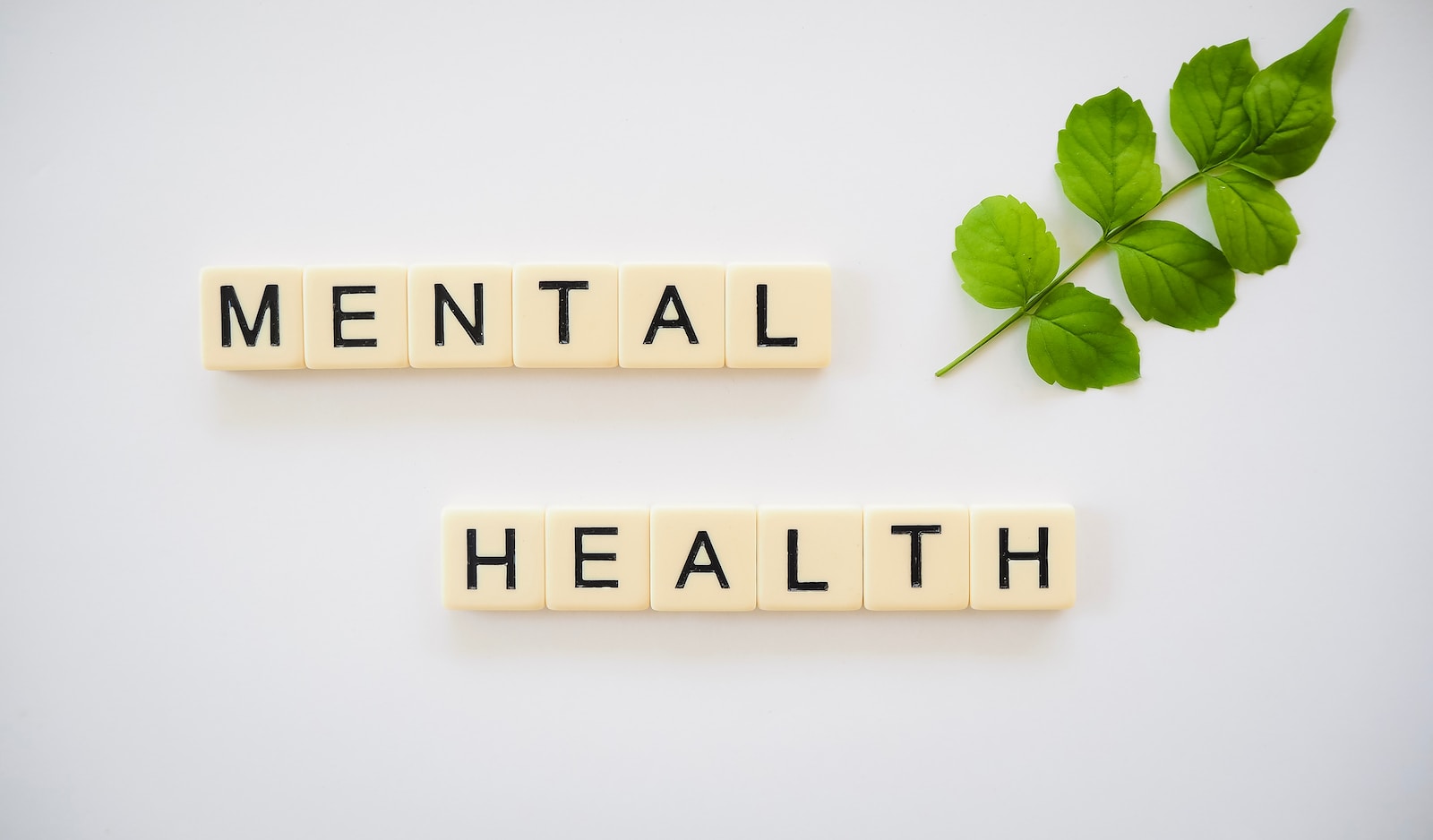Living with adult ADHD can be challenging. The condition, which affects about 4.4% of U.S. adults, according to the National Institute of Mental Health, can cause symptoms such as inattention, hyperactivity, impulsivity, forgetfulness, disorganization, and procrastination, which can interfere with daily life and work.
However, there are ways to manage adult ADHD and reduce its negative impact on your well-being and productivity. In addition to medication, therapy, and other treatments, certain lifestyle habits can help you cope with ADHD and improve your mental and physical health.
In this blog post, we’ll discuss seven common habits that can make adult ADHD worse and suggest tips to avoid or overcome them. From skipping your daily workout to spending too much time with screens, these habits can exacerbate your ADHD symptoms and impair your brain function, mood, sleep, and overall well-being.

1. Lack of sleep
Sleep deprivation can lead to symptoms of ADHD worsening. Adults with ADHD are more likely to experience sleep problems, such as difficulty falling asleep or staying asleep. When people with ADHD are under stress, they may become more impulsive and distracted.
2. Stress
Stress can make ADHD symptoms worse by reducing the brain’s ability to focus and concentrate. When people with ADHD are under stress, they may become more impulsive and distracted.
3. Poor diet
A diet that is high in sugar, processed foods, and additives can make ADHD symptoms worse. On the other hand, a diet that is high in protein, fruits, and vegetables can help reduce symptoms. Eating out too much can also be a problem as restaurant food tends to be loaded with sugar, sodium, and fat, and may not provide the necessary nutrients.
4. Alcohol and drugs
Substance abuse can make ADHD symptoms worse. Alcohol and drugs can interfere with the brain’s ability to focus, leading to more symptoms.
5. Lack of exercise
Exercise can help reduce ADHD symptoms by increasing blood flow to the brain and improving concentration. A lack of exercise can make symptoms worse. Skipping your daily workout can also be problematic, as physical activity can improve memory, boost clarity, combat brain fog, help with decision-making, solidify learning, and help with attention.
6. Multitasking
Multitasking can be difficult for people with ADHD, and trying to do too many things at once can make symptoms worse. It’s important to prioritize tasks and focus on one thing at a time.
7. Disorganization
Disorganization can be a major problem for people with ADHD. When things are disorganized, it can be difficult to stay on task and focus. Neglecting your desk can contribute to disorganization, so it’s important to invest in a desk organizer or folder systems to help tidy up those loose papers.
8. Skipping medication
If you’re prescribed ADHD medication, it’s important to take it as directed, even if you feel good. Skipping medication can make symptoms worse.
9. Staying up too late
Lack of sleep can worsen ADHD symptoms, affect mood, increase brain fog, affect judgment and decision-making, and increase the risk of chronic conditions. Staying up too late can make it difficult to get the sleep your body needs.
10. Spending too much time with screens
The blue light emitted from screens can affect your circadian rhythm and make it harder to fall asleep. Spending too much time with screens can also contribute to inattentiveness and distractibility.
11. Skipping the first meal of the day
Breakfast is important for breaking the fast from overnight and jumpstarting metabolism. Skipping breakfast can increase brain fog and derail focus later on during the day. If ADHD medication zaps your appetite, try to eat at least something, like a yogurt parfait or hard-boiled egg.
Managing adult ADHD requires a multifaceted approach that includes medication, therapy, and lifestyle changes. By avoiding or overcoming the seven common habits we discussed in this blog post, you can improve your ADHD symptoms, boost your brain function and mood, and enhance your overall well-being.
Remember that managing ADHD is a journey, not a destination. It may take time and effort to develop new habits and stick to them, but the payoff can be significant. Don’t hesitate to seek support from a healthcare professional, a coach, or a support group if you need it. With the right tools and mindset, you can live a fulfilling life with adult ADHD.
